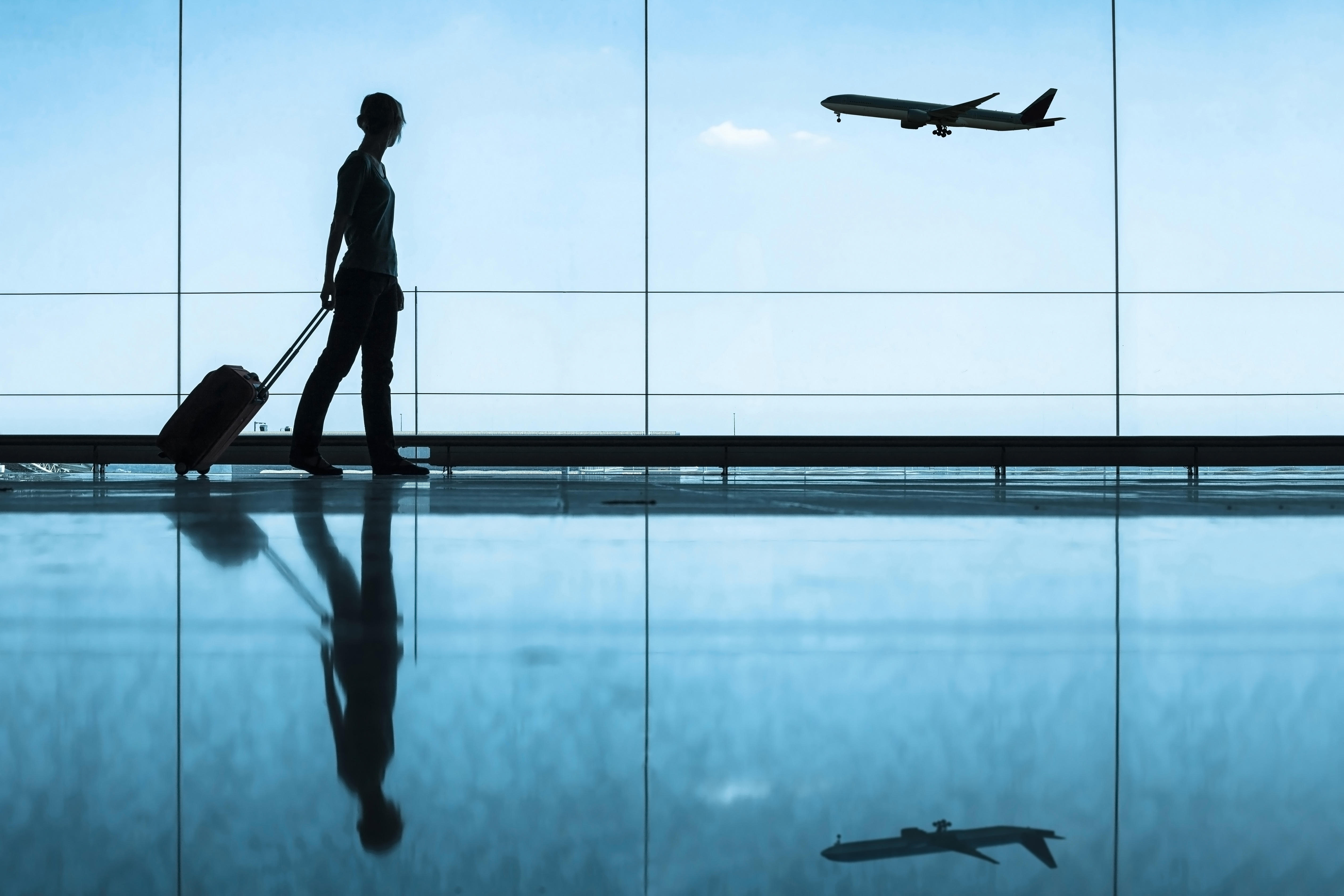RIO DE JANEIRO, BRAZIL – The international airline industry has shown that flying in times of Covid-19 “is safe,” and now the “key” word to boost the confidence of travelers in Latin America and the Caribbean is the “harmonization” of protocols for departure or entry to countries.
Currently, “there are countries that require quarantines, others antigen tests, others PCR tests, and others PCR RT or ‘real time’, in other words, there is a great diversification”, says José Ricardo Botelho, the executive director and CEO of the Latin American and Caribbean Air Transport Association (ALTA).

Faced with this scenario, “harmonization is essential to generate confidence. ALTA has been working very hard with governments to try to achieve uniformity in this area. Otherwise, it will be more and more complicated to travel,” warned Botelho.
The Association, which groups around 40 airlines as members or associates, proposes the use of antigen testing, although it is aware that each country “has its own policies and decisions and we respect them all.”
Countries can standardize around a test of “PCR, PCR RT, it can be anyone, but as ALTA we have requested that antigen tests are applied (…) the technology today with this test is excellent, the standards are excellent, it would generate confidence for people,” he said.
Botelho stressed that ALTA, as an association, has to “find the best way” to promote the civil aviation sector in Latin America and the Caribbean, “a region where connectivity is fundamental, because we do not have roads throughout the continent, because we have many islands,” Botelho emphasized.
CABIN SAFETY AND HIGH TECHNOLOGY IN AIRPORTS
“One thing I can say: we can fly with complete safety,” reaffirmed the ALTA executive, who cited studies conducted by the industry and other sectors that have shown that the aircraft cabin “is extremely safe” from a biological point of view.
The air inside the cabin “changes every 3 minutes” and is purified by high-efficiency filters (HEPA), which guarantee the elimination of 99.99% of viruses and bacteria; how it circulates makes “contamination almost impossible”, explained Botelho.
Added to this is “the use of masks, there are no onboard services now. There are restrictions for bathrooms, in other words, there are several protocols that prove that flying is very safe,” he added.
He stressed that the International Civil Aviation Organization (ICAO) produced the CART guide, which defines safety and health protocols that serve as a reference for the entire passenger travel experience and must be adopted by all those involved, both in the public and private sectors.
Security protocols are already in place for arriving at the airport, cameras have been installed there to check the temperature of users, and there have been giant steps forward in contactless technology for processes such as flight check-in and confirmation or baggage check, said Botelho.
“We have to have a responsibility, but we also have to do away with the fear” of resuming travel, he stressed.
THE EXPECTED EVOLUTION OF THE MARKET
The closures enacted in 2020 in almost all of the Americas and the Caribbean brought down commercial aviation and the industry in general, dragging it into the worst crisis in its history and reshaping its size.
The situation of the civil aviation market is now “changing little by little, and as security is generated, people come back, and demand grows a little bit more. And that’s where we are going,” said Botelho.
He celebrated that the vaccination processes are advancing in the continent’s countries but warned that the industry “cannot wait to vaccinate the entire population to regain confidence in travel.”
“We have to offer the necessary information to avoid fears and unnecessary rules. The established protocols, once complied with by all, allow safe travel,” he stressed.
Botelho clarified that “it is not possible to say at this moment how” the market will be at the end of this 2021, but ALTA believes that it is possible that by then the passenger movement will be equal to “50% of the numbers we had in 2019, around there.”
“Now we at ALTA believe we can get back to flying,” so much so that the Association has resumed holding its face-to-face events.
Source: efe

